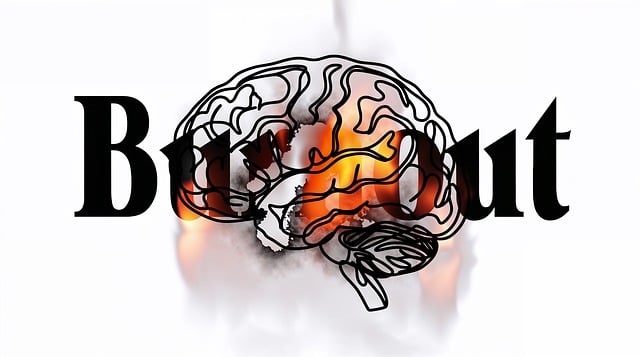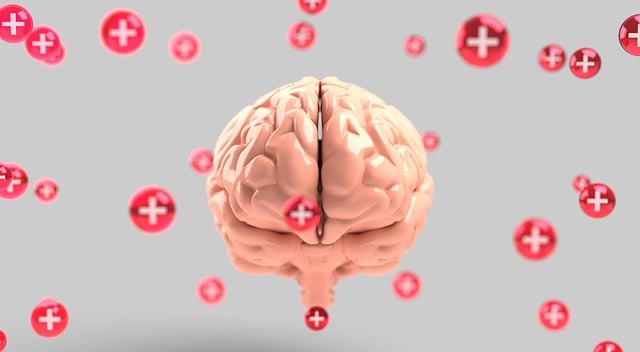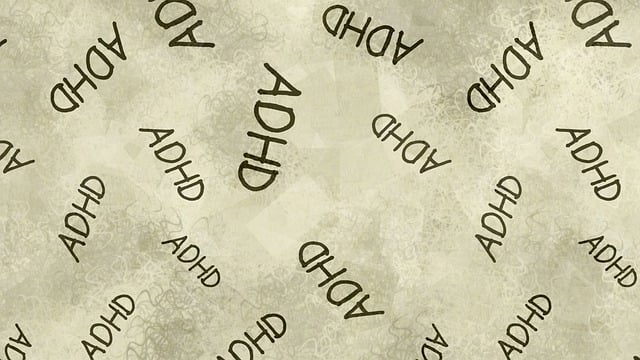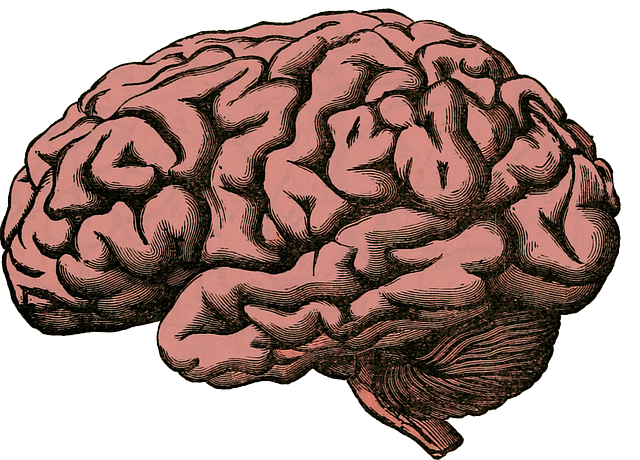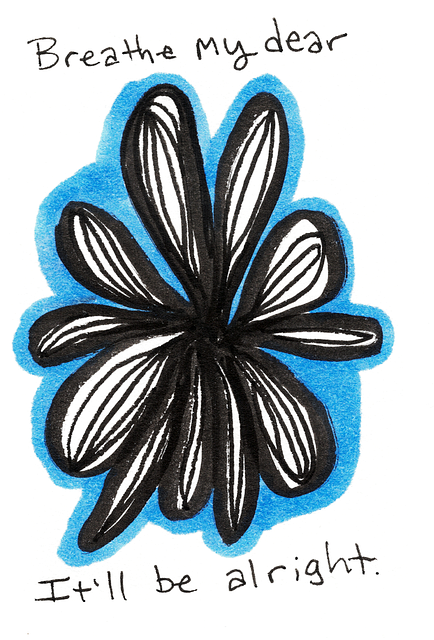Arvada Gambling Therapy programs cater to a diverse community's mental wellness needs by offering personalized coaching that prevents and manages stress, anxiety, and depression. Key strategies include segmenting demographics, providing culturally sensitive practices with financial assistance, teaching evidence-based techniques like Stress Reduction and Cognitive Reframing, utilizing technology for remote access, and measuring success through data analysis. This comprehensive approach ensures tailored interventions accessible to all, revolutionizing mental health support in Arvada.
In today’s fast-paced world, mental wellness coaching programs are gaining prominence as essential tools for personal growth. This article delves into the development of such programs, specifically focusing on the unique needs of Arvada residents. We explore why gambling therapy is a critical aspect of overall well-being, targeting at-risk demographics and tailoring effective curricula. By integrating technology, remote support becomes personalized, making coaching initiatives accessible and impactful. Through measured success evaluation, we ensure Arvada Gambling Therapy programs enhance lives.
- Understanding the Need for Mental Wellness Coaching
- Identifying Target Demographics for Arvada Gambling Therapy Programs
- Designing Effective Coaching Curricula and Interventions
- Integrating Technology for Remote and Personalized Support
- Measuring Success and Evaluating the Impact of Coaching Initiatives
Understanding the Need for Mental Wellness Coaching

In today’s fast-paced world, the demand for mental wellness coaching programs has never been higher. The prevalence of stress, anxiety, and depression continues to rise, affecting individuals across various demographics, including those in Arvada, where gambling therapy has shown promise in addressing specific issues. Recognizing the need for personalized support, many people are turning to coaches who can provide guidance tailored to their unique mental health challenges. These challenges often include burnout prevention, a crucial aspect of maintaining overall well-being.
Coaching goes beyond traditional therapy by offering a proactive approach to mental wellness. It equips individuals with essential life skills and social skills training, enabling them to navigate stressful situations more effectively. By focusing on preventive measures, such as depression prevention strategies, coaching sessions empower clients to take control of their mental health. This proactive stance is particularly valuable in diverse settings, ensuring that folks in Arvada have access to resources tailored to their needs, whether they’re dealing with gambling-related issues or striving for better overall mental wellness.
Identifying Target Demographics for Arvada Gambling Therapy Programs

When developing Arvada Gambling Therapy programs, identifying specific target demographics is a crucial step in ensuring effective and tailored support. This process involves understanding the unique needs and challenges faced by different groups within the community. For instance, young adults might require a more digitally-focused approach, leveraging online platforms for convenience and accessibility, while older individuals may prefer traditional face-to-face sessions that cater to their schedules and preferences.
By segmenting the population based on age, socioeconomic status, cultural backgrounds, and other relevant factors, mental wellness coaches can design programs that resonate with each group. For example, incorporating culturally sensitive practices or providing financial assistance for those in need can significantly enhance participation rates. This targeted approach not only improves accessibility but also fosters higher engagement, making Arvada Gambling Therapy initiatives more impactful and beneficial to the community.
Designing Effective Coaching Curricula and Interventions

When designing effective coaching curricula for mental wellness, it’s essential to incorporate a balanced approach that caters to both individual needs and broader goals. Programs should be tailored to address specific challenges while fostering resilience and personal growth. In the context of Arvada Gambling Therapy, this might involve teaching clients Stress Reduction Methods and Confidence Boosting techniques, as these are common areas of need among individuals seeking support. By integrating evidence-based practices and Mind Over Matter principles, coaches can create structured interventions that empower participants to take control of their mental health journeys.
A well-rounded curriculum could include modules on mindfulness, cognitive reframing, goal setting, and coping strategies. Each session should be designed to build upon the previous one, creating a supportive environment where clients feel heard, validated, and equipped with practical tools for managing stress, anxiety, or gambling-related issues. Regular assessments and feedback mechanisms are crucial to ensure the interventions remain relevant and effective, allowing for continuous improvement in both short-term outcomes and long-term mental wellness.
Integrating Technology for Remote and Personalized Support

In today’s digital age, integrating technology has revolutionized mental wellness coaching programs, particularly for remote and personalized support. Online platforms offer a secure space for clients to connect with coaches from the comfort of their homes. This accessibility is crucial, especially for individuals in areas like Arvada who might face barriers to accessing traditional therapy services. With video conferencing tools, clients can participate in sessions while maintaining privacy, making it an effective alternative to in-person meetings.
Furthermore, digital platforms allow for tailored interventions. Coaches can utilize specialized software and apps to track progress, deliver personalized content, and even incorporate interactive exercises to enhance the Emotional Healing Processes. The use of technology not only expands access to Gambling Therapy but also ensures a more engaging and efficient approach, complementing the Conflict Resolution Techniques often taught in these programs. Additionally, community outreach program implementations can be facilitated through online channels, broadening the reach of support networks.
Measuring Success and Evaluating the Impact of Coaching Initiatives

Measuring success and evaluating the impact of coaching initiatives is a critical aspect of ensuring effective mental wellness programs, such as Arvada Gambling Therapy. It involves systematically assessing both qualitative and quantitative data to understand the progress and outcomes of participants. By tracking key performance indicators (KPIs), coaches can gain valuable insights into what strategies are working and where adjustments might be needed. This data-driven approach allows for continuous improvement and refinement of coaching techniques, ensuring that the programs remain relevant and impactful.
Public Awareness Campaigns Development, Self-Care Practices, and Mental Wellness Journaling Exercise Guidance are additional components that contribute to the overall success of these initiatives. Public awareness campaigns help in reaching a wider audience, fostering understanding, and reducing stigma associated with mental health issues. Encouraging self-care practices enables individuals to take proactive steps towards managing their well-being, while journaling exercises provide structured guidance for reflection and personal growth. Integrating these elements enhances the reach and effectiveness of coaching programs like Arvada Gambling Therapy.
Arvada Gambling Therapy coaching programs have emerged as a vital tool in addressing the growing need for mental wellness support. By identifying specific target demographics and designing tailored curricula, these initiatives can effectively intervene and improve individuals’ lives. Integrating technology allows for both remote access and personalized support, ensuring accessibility to those who may face barriers in accessing traditional therapy. Measuring success through comprehensive evaluation methods is crucial to understanding the impact of these programs and optimizing their effectiveness, ultimately contributing to enhanced mental wellness in the community.
